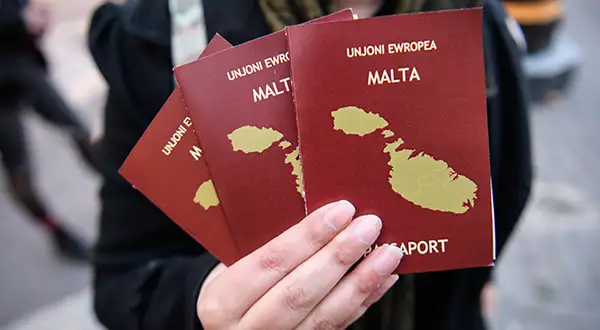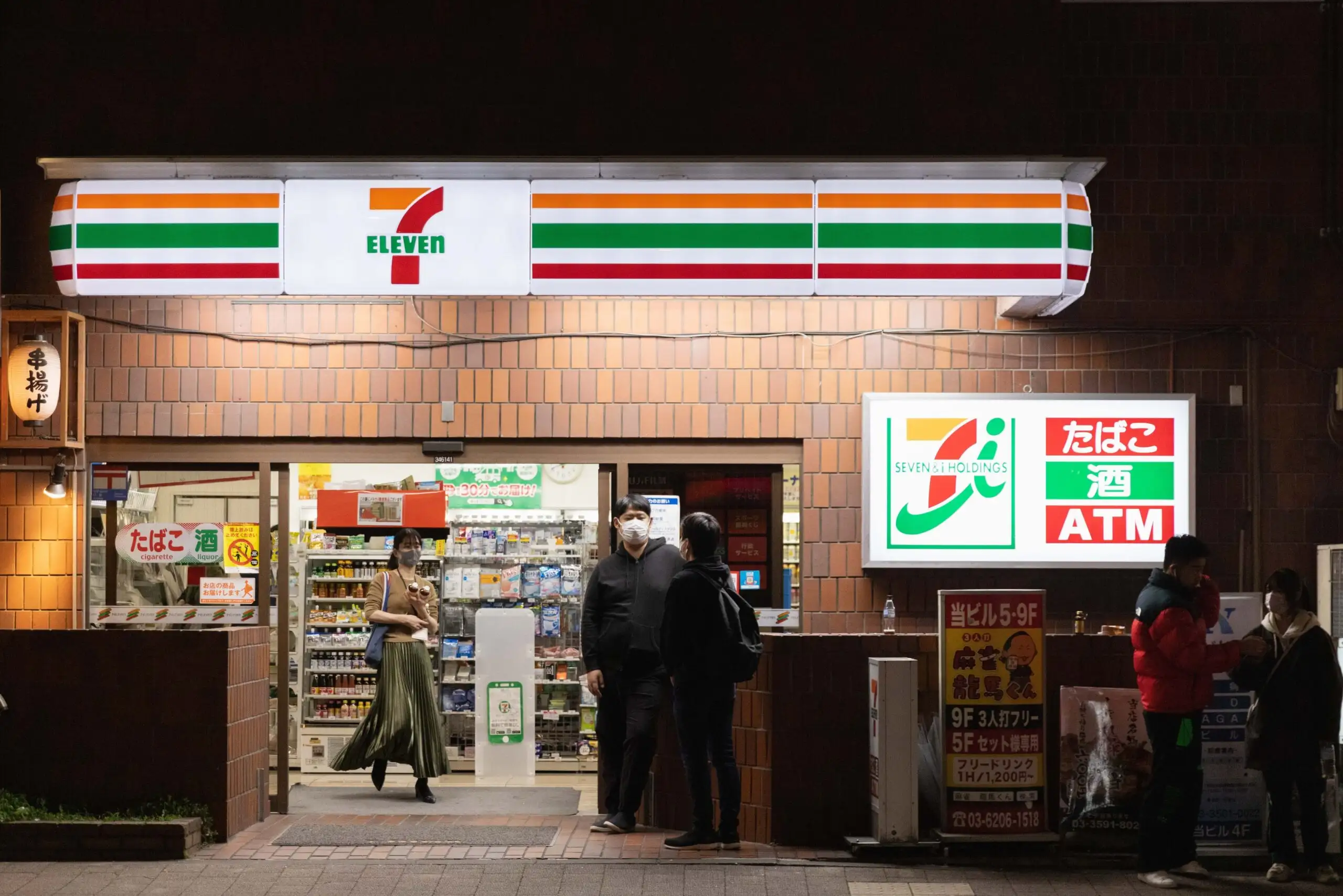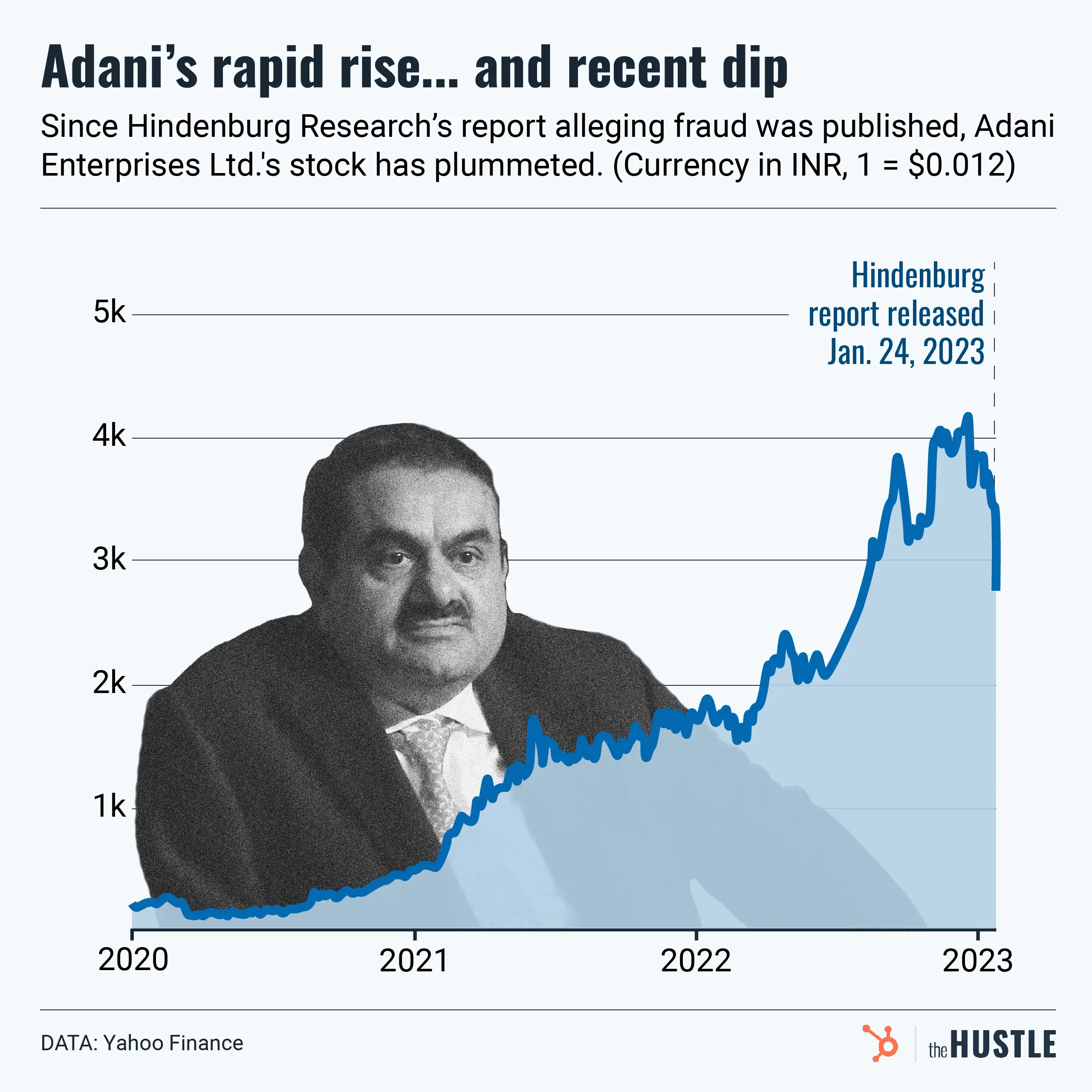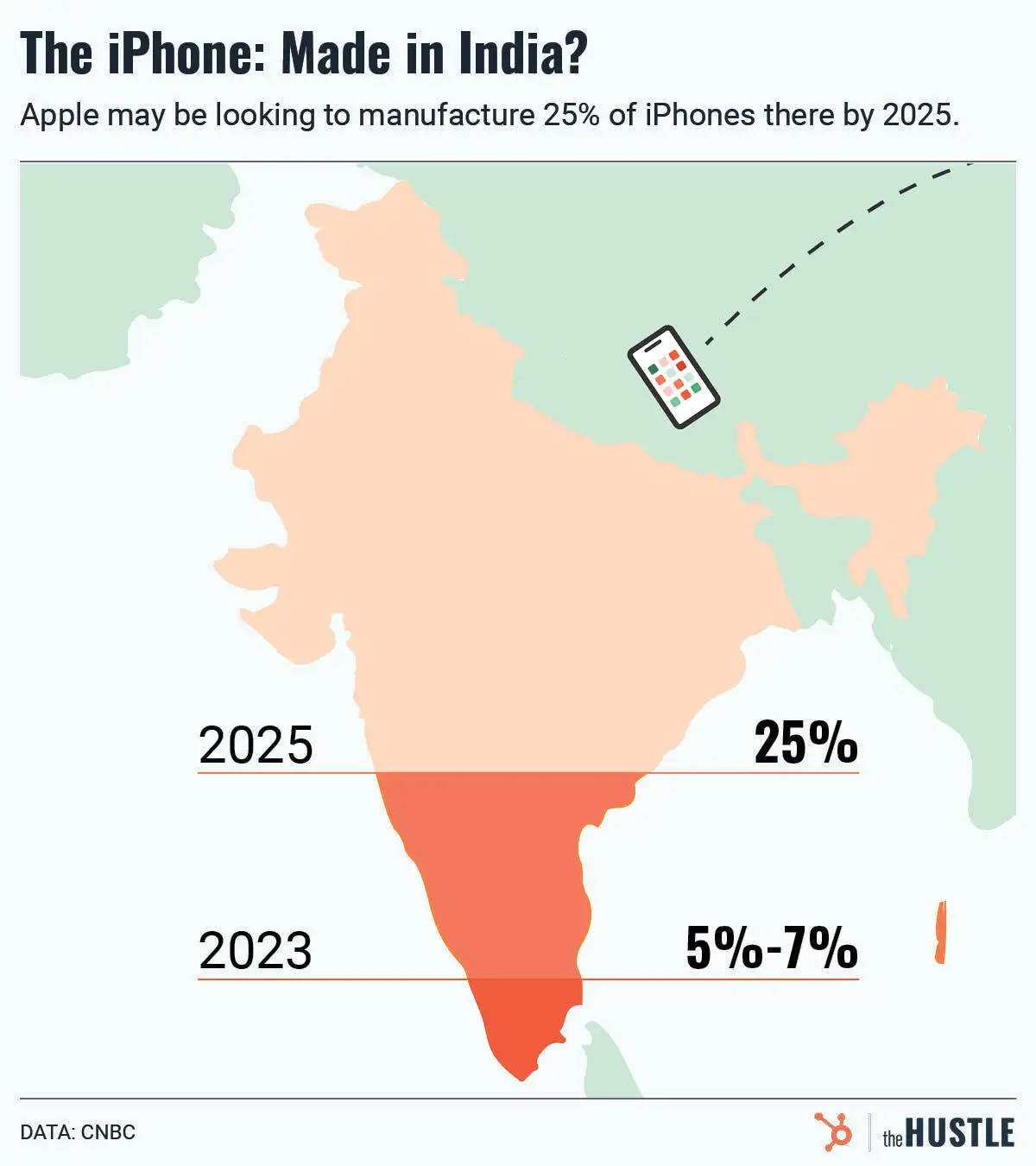Eleven nations make up Southeast Asia (SEA): Brunei, Cambodia, Indonesia, Laos, Malaysia, Myanmar, the Philippines, Singapore, Timor-Leste, Thailand, and (this writer’s country of heritage) Vietnam!

While this market is not nearly as big as China or India, its relatively young combined population of 650m+ people is nothing to sneeze at.
And this week, 2 of SEA’s biggest ride hailing and delivery apps — Grab and Gojek — made big plays to win the prize.
The startups are aping the playbook of WeChat
The Chinese superapp basically combines DoorDash, Uber, Paypal, Cash App, WhatsApp, and Twitter all into one platform.
As many developing nations lack fully developed services (e.g., communications, finance, transportation) there is white space for a single app to be a one-stop shop.
Take Grab: In 2018, it ended a bitter ride-hailing feud with Uber (now, a minority owner in the startup) and launched a fintech business. Yesterday, that fintech unit raised $300m to expand its payments, loans, investments, and insurance products, according to The Information.
Grab was in talks to merge with Indonesia-based GoJek…
… but the deal ultimately fell through, partially around antitrust concerns of combining the region’s 2 biggest ride hailers.
GoJek is now in merger talks with Indonesia’s top ecommerce firm, Tokopedia, per Nikkei Asia. The combined entity would be valued at $17B+, more than Grab’s $14B+.
While both Grab and GoJek operate across the region, Indonesia has the largest population (~268m) in SEA and a GoJek-Tokopedia merger could secure that prize.
Grab and GoJek are going after the biggest fish in the pond
SEA’s superapp leader is Sea Limited, a $100B+ consumer internet beast that combines games, ecommerce, and finance.
The region’s only publicly listed superapp, Singapore-based Sea, saw its valuation grow more than 4x in 2020, giving it a source of cheap capital. To compete, Grab and GoJek will likely have to go public.
Literally and figuratively, keep an eye on this space:











